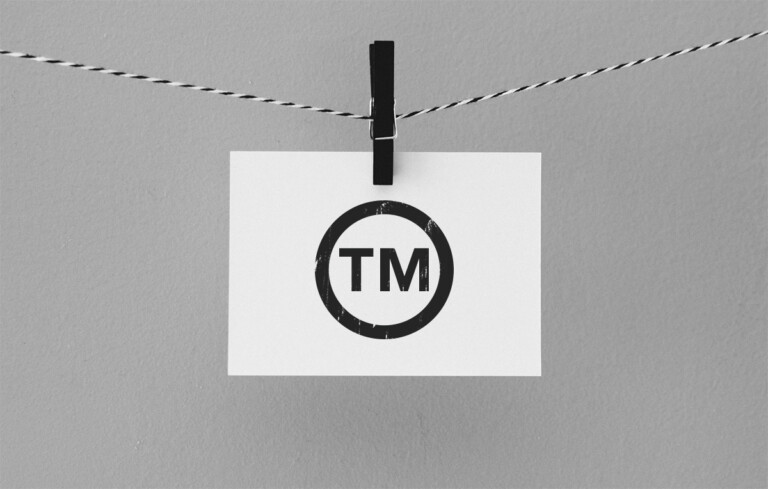
On May 25, 2020, the Government of Canada announced that applications are being accepted for the Canada Emergency Commercial Rent Assistance (CECRA) program. This program provides relief for small businesses experiencing financial hardship due to COVID-19 by easing their rent obligations by offering unsecured, forgivable loans to eligible commercial property owners/landlords. CECRA is intended to allow commercial property owners to meet their operating expenses on commercial properties and reduce the rent owed by their impacted small business tenants.
We have previously published articles providing information regarding the CECRA program. Our previous articles are available at Clark Wilson LLP’s COVID-19 Resources webpage.
One of the requirements under CECRA is that the landlord provide the tenant with a minimum 75% rent reduction.
A landlord who is obligated to a creditor should consider whether the applicable credit and related security documents require the landlord to obtain consent from the creditor with respect to a rent reduction.
Conversely, the tenant may have provided an estoppel certificate in favour of, or entered into a non-disturbance agreement with, the creditor and such document may contain a provision that the tenant will not agree to a rent reduction without the consent of the creditor.
As part of applying for assistance under the CECRA program, landlords and tenants should keep in mind their contractual arrangements with relevant creditors on a case-by-case basis.
If you have questions or concerns about how credit documents may be affected by your CECRA application, please contact a member of the Clark Wilson Banking, Insolvency & Restructuring Group.
Authors:
Rosemary John and Mani Saggu



